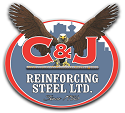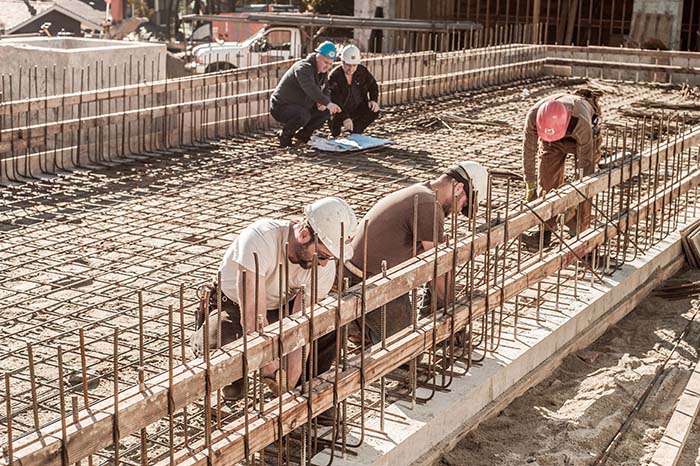By Sandford Tuey
When building your structure, be it a house, condominium or commercial building, it is absolutely the most important thing to ensure that your foundation is as strong and long lasting as possible. It is not unheard of that foundations of massive structures such as apartments, condos and commercial buildings, have deteriorated over time because of poor quality.
Why is this? Usually it’s because the concrete-to-rebar mixture ratio is less than required, and ends up crumbling, which causes instability, rendering a structure unsafe. And to redo a foundation is both expensive and time consuming.
Key in making sure that you have proper concrete and rebar rations is understanding the variety issues surrounding rebar and concrete mix types. Here are a few that may interest you:
- Concrete + Rebar Terms
All buildings and structures require a solid foundation of high quality rebar and cement. The terms ‘square’ and ‘flat’ refer to the outside dimensions of the foundation and the level of flatness of the slab itself. If the foundation is not exactly level or not set correctly, your structure on it could collapse or be very un-level. - Foundations Cured In 15 Days Or Less
Slabs of these foundation types are completely flat, with no concave or convex imperfections. Your foundation should be completed and set within 15 working days or less (weather permitting). Any that take longer than the 15 days to dry and harden may not be as strong and solid as desired. You will spend more money than you should on carrying costs and labour costs. Have your foundation contractor guarantee a timeline with a deadline and make them stick to it. - Price Should Include Everything
Questionable contractors quote a low price on projects so their bid is accepted. Then they charge you extra for equipment use and material required to complete your foundation. Every contractor quoting on your foundation project should include all of the necessary items required to complete your foundation. Never accept additional charges. C & J Reinforcing stands by their original quoted price and never overcharges for anything extra; and we always complete projects on time. - Licensed and Insured Contractor
Law requires that anyone who contracts to do construction work, must be licensed. You should also verify the status of your contractor’s Workers Compensation insurance and accident record. - Very High Quality Materials
An engineer will design your foundation to perform to a certain structural criteria for weight requirement and safety. He/she will specify the type, strength and design of your rebar and concrete that should be used. Make sure this information is verified by all building inspectors when they are on site for inspections. - Types Of Rebar
There are a variety of rebar lengths, diameters, kinds of metals available which have different corrosive resistance and strength. The common types of rebar are European (a carbon, manganese, silicon, alloy), Carbon steel (black” rebar), Galvanized, Epoxy coated; glass-fiber-reinforced-polymer (GFRP) and Stainless steel. These different types of rebar have unique strengths and weaknesses. C & J Reinforcing Steel can help you decide which are the best for your foundation. - Kinds of Cement & Concrete
Compressive strength of concrete and cement are incredible, yet can have weak tensile strength. Increasing tensile strength of concrete or cement can be increased by adding reinforcing bar or ‘rebar.’ There is a calculation of concrete/cement and rebar that provides the perfect foundation for you. Know that number, or find out what that number should be for your structure. - Professional & Experienced
You want a legitimate and dependable contractor like C & J Reinforcing to construct your foundation! Custom foundation construction for homes, commercial property, and any other projects that need excellent foundations are what we specialize in.


